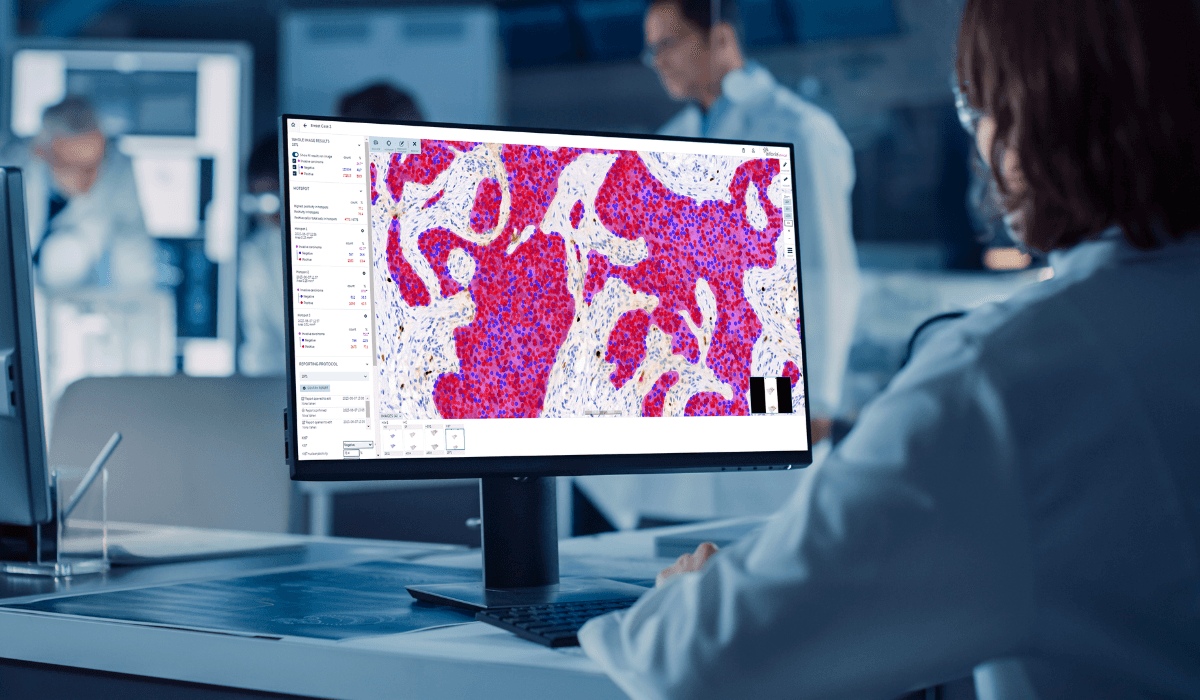
Image source: Public Domain
Lunit, a leading provider of AI for cancer diagnostics and precision oncology, and Labcorp, a global leader of innovative and comprehensive laboratory services, announced a collaborative initiative to accelerate innovation in digital pathology (DP) and artificial intelligence (AI) for oncology research and clinical care.
The collaboration aims to leverage Labcorp's extensive clinical and pathology expertise alongside Lunit's cutting-edge AI algorithms to transform how tumor microenvironments are analyzed and interpreted. By combining high-resolution whole-slide imaging with AI-powered spatial profiling, the collaboration seeks to generate new insights that can enhance biomarker discovery and guide precision immuno-oncology strategies.
First Collaborative Studies Presented at SITC and AMP
The first outcome of the collaboration was showcased at two leading scientific conferences:
"Collaborating with Labcorp, one of the most respected leaders in diagnostics and clinical research, marks an important step toward expanding the real-world use of AI in oncology. These early studies show how AI can reveal meaningful, predictive biomarkers hidden within pathology slides," said Brandon Suh, CEO of Lunit. "It's a clear example of how digital pathology and AI can work hand in hand to advance precision oncology understanding, bridging discovery research and real-world clinical care."
"Our collaboration with Lunit aims to turn complex pathology data into meaningful insights," said Shakti Ramkissoon, M.D., Ph.D., MBA, vice president and medical lead for oncology at Labcorp. "These studies demonstrate how AI-powered digital pathology can reveal patterns within tumors—ultimately helping to guide treatment decisions, inform biomarker development, and pave the way for more personalized cancer care."
Labcorp and Lunit plan to further broaden their collaboration by applying digital pathology AI to additional cancer types and genomic correlations.
By subscribing, you agree to receive email related to content and products. You unsubscribe at any time.
Copyright 2026, AI Reporter America All rights reserved.